South Africa
South Africa's health products regulator on Monday said it would not approve Russia's Sputnik V Covid-19 vaccine due to concerns it could increase the risk of HIV infection among men.
The decision was based on earlier studies testing the safety of a modified form of adenovirus -- a type of virus that causes respiratory infections -- known as the Ad5 and contained in the Russian jab.
"Use of the Sputnik V vaccine in South Africa, a setting of a high HIV prevalence and incidence, may increase the risk of vaccinated males acquiring HIV," the South African Health Product Regulatory Authority said in a statement.
It added that the company behind the application for the use of Sputnik V in South Africa had no proof the formula would be safe "in settings of high HIV prevalence".
The country worst-hit by the pandemic in Africa also has the world's highest number of people living with HIV.
It has been struggling with vaccine hesitancy.
Just over a quarter of 40 million targeted for vaccination by early 2022 are fully jabbed to date.
South Africa is this week set to begin vaccinating children as young as 12 and offering booster shots to certain immuno-compromised citizens.
It is currently offering the single-dose Johnson & Johnson -- which also contains an adenovirus but of a different type -- and the rMNA Pfizer/BioNTech jab.
The Chinese-made Sinovac has also been approved.
The World Health Organization has not yet given Sputnik V the green light for emergency use, although it is being administered in at least 45 countries.



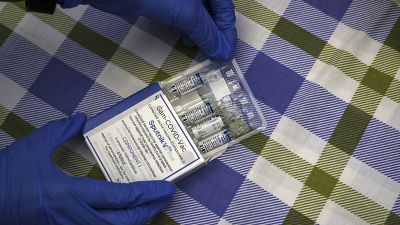


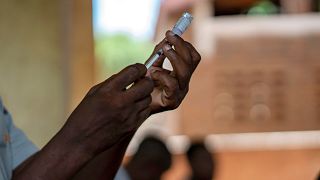
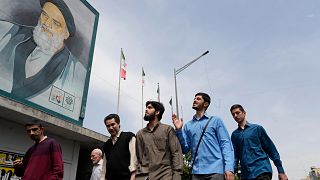

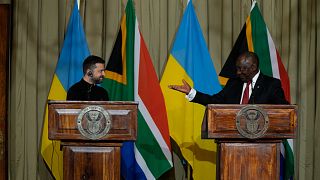

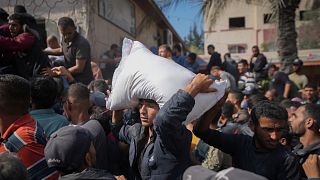


Go to video
South Africa's tax row heads to court as implementation date nears
01:02
WHO member countries draft landmark preparedness treaty for next pandemic
Go to video
South Africa appoints Mcebisi Jonas as special US envoy in bid to ease tensions
Go to video
Mauritius: Ex-finance minister released on bail after corruption charges
Go to video
South Africa: inquest into death of Nobel Peace Prize laureate Chief Albert Luthuli re-opened
Go to video
10.3 Million tons of food wasted in South Africa as chefs push for sustainability